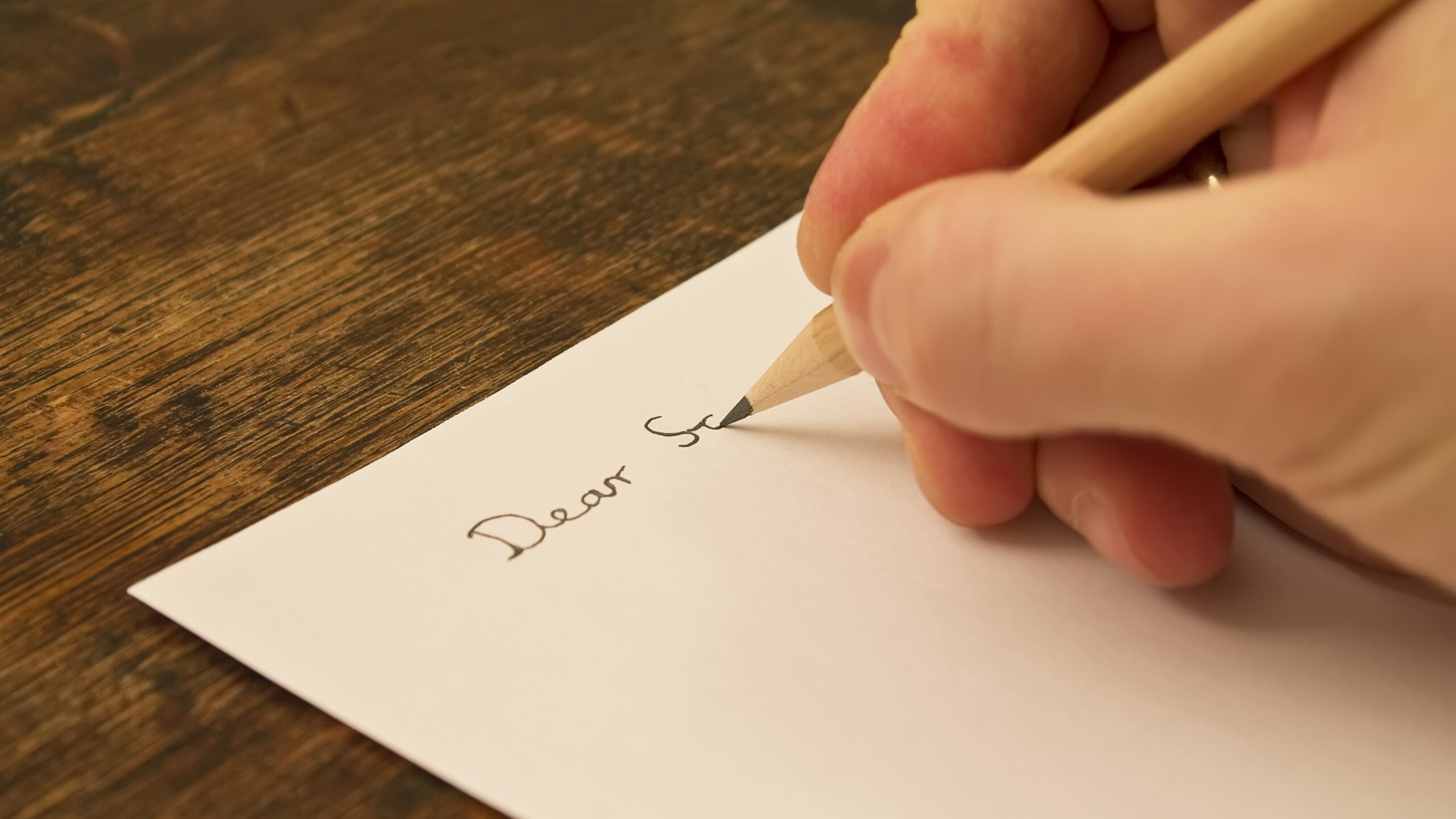Similarities or differences – which one do you think is easier to identify and comprehend? Normally, people find it easier to find the differences. Haven’t you come across situations where you wore an attire different from what you wear on a daily basis, had a haircut or a makeover and heard people say, ‘Something’s different with you today?’ That is how it is. Differences are noticed way sooner than similarities. Let us find out if you have a keen eye for differences today.
If you try recollecting, you would remember identifying differences between two pictures that came in magazines and newspapers when you were a kid. Anybody can quickly recognise a difference in physical appearances. How good are you at pointing out differences between linguistic terms, usages and expressions? Exploring what makes a cat different from a dog or a crane from a stork would be an interesting and thought-provoking activity. Taking a look at them in person or otherwise can help you find out how they are different in spite of the fact that both cats and dogs are animals and both cranes and storks are birds. Once you try a hand at it, also check out English Difference Between Articles for all content related to finding the contrast between mostly similar and extremely different nouns, linguistic and grammatical terms, usages and forms of writing.
When you started learning the English language, haven’t you had times when two or more words, grammatical usages or writing forms confused you a little? The most common reasons behind this are similar spellings, same pronunciations, one tense but different verb usages and one form of writing but different writing styles. A few examples of these would be homophones and homonyms, verb forms with reference to subject-verb agreement and letter writing. As you learn the language, going through these differences can help you learn and use the language in its entirety.
Here is a fun exercise for you. Find out what the noun, verb or writing form is based on the one-liner given.
- I am a cylindrical container to carry liquids. What am I?
- I help you see when it is dark. What am I?
- I am an alphabet and a water body. What am I?
- I am a captured memory. What am I?
- I am the common factor between paper, the clouds in the sky and your teeth. What am I?
- I am a writing form you use to write about something to your friends and family. What am I?
- I am a verb that is used with the third-person singular verb in the present perfect tense. What am I?
- I have fourteen lines in total and rhyming words at the end of every two or four sentences. What am I?
- I stay over your head and keep you from getting wet in the rain. What am I?
- I am a verb and the name of a huge animal. What am I?
Answers:
- A water bottle
- Light
- C/Sea
- A photograph
- The colour white
- A letter/A friendly letter/An informal letter
- Has
- A sonnet
- An umbrella
- Bear
